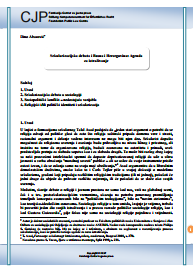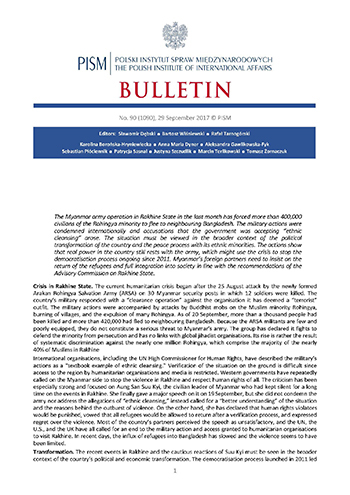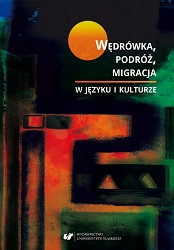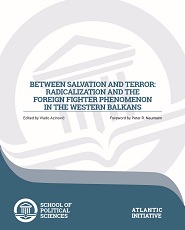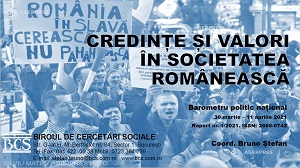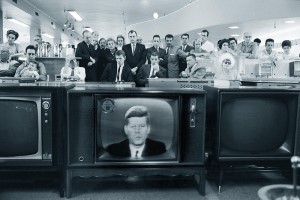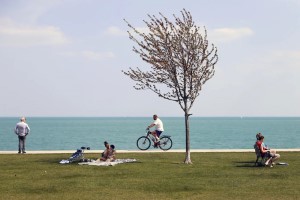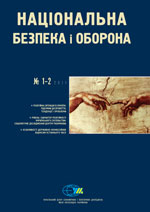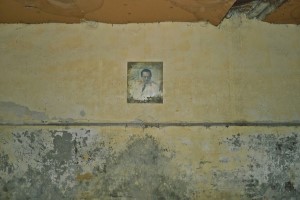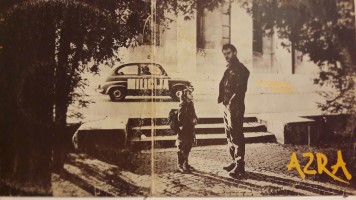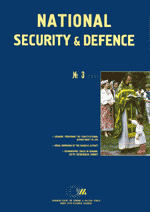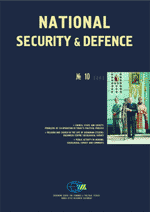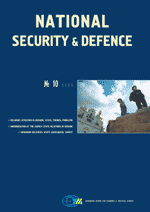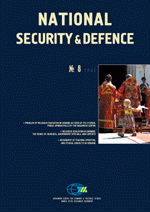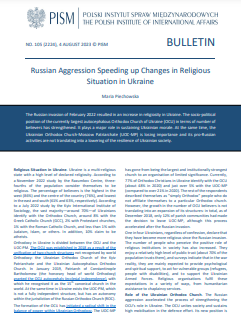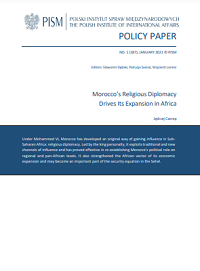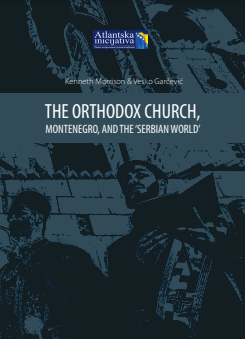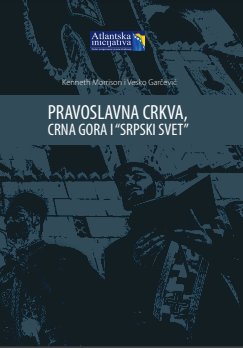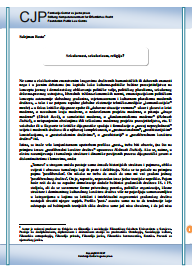
Sekularnost, sekularizam, religija?
Ne samo u ekskluzivnim znanstvenim krugovima društvenih humanističkih ili duhovnih znanosti nego i u javnim debatama (na kapitalu kako kulturno-političke baštine prosvjetiteljstva: na konceptu javnog i demokratskog oblikovanja političke volje, političkog pluralizma, sekularnog državno-pravnog ustrojstva, liberalnih tržišno-ekonomskih normi, emancipacijskom političkom konceptu autonomije slobodnog građanina, svjetonazornom i kulturnom pluralizmu modernih društava, – tako i uz potporu rapidne globalne ekstenzije tehničko-medijske „komunikacijske“ mreže) – u fokus kritičke dijagnoze epohe ili „duhovne situacije vremena“ ulaze i glasovi o krizi moderne, o navodnom kraju moderne, o nedovršenom projektu moderne, o pitanju „druge moderne“ (Ulrich Beck), o samokritici moderne, o „fundamentalizmu moderne“ (Helmuth Dubiel), o neispunjenim obećanjima i/ili teškoćama modernog projekta prosvjetiteljstva, etc. U vokabular ili u šlagvorte te kritičke dijagnostike spadaju i formulacije o „novoj nepreglednosti“ svijeta i modernih društava ili o njihovoj kompleksnosti, o „postnacionalnim“, „posthistorijskim“ konstelacijama, o „postsekularnim društvima“, o „posthistoriji“ o „postliberalnom karakteru društva“ itd.
More...
